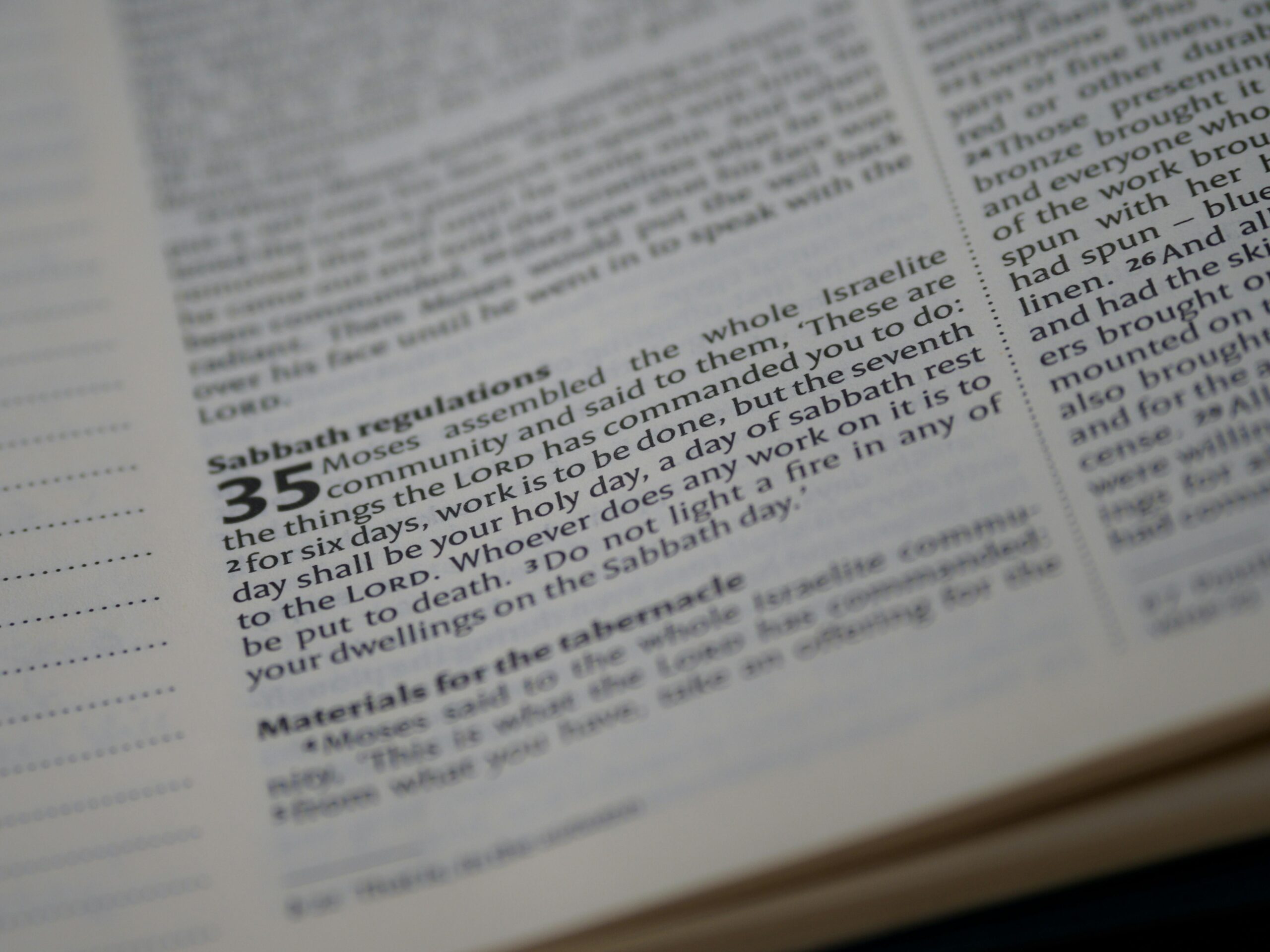The Most Broken Commandment of Our Time: Post-Truth and the Law of the Malicious Witness
In recent years, the term post-truth has entered everyday conversation, particularly after its inclusion in the Oxford English Dictionary. It refers to situations “in which objective facts are less influential in shaping public opinion than appeals to emotion and personal belief.” In other words, truth has become subjective—more a matter of feelings than facts. But what happens to a society when truth loses its authority, and facts no longer shape our beliefs or behaviors?
We find ourselves in an era where truth is increasingly flexible—reshaped to fit personal narratives. In the process, we’ve lost sight of one of the foundational moral principles that has upheld civilizations throughout history: the commandment against bearing false witness.
The Forgotten Commandment
Among the Ten Commandments is one that is routinely ignored and gravely misunderstood today: “You shall not bear false witness against your neighbor” (Exodus 20:16). While many recognize the phrase, its broader implications are often overlooked. This commandment isn’t merely about telling lies; it’s about preserving justice, truth, and social trust.
Neglecting this command has led to widespread moral decline. It fuels cultural chaos, spiritual confusion, and personal suffering. When truth is no longer valued, lies become the norm—spreading fear, division, hatred, and moral distortion. Society begins to unravel when people no longer care whether something is true—only whether it fits their preferences.
The Malicious Witness: A Destructive Force
A malicious witness is someone who intentionally distorts or fabricates the truth to cause harm. This concept, deeply rooted in biblical teaching, represents one of the most corrosive forces at work today.
At its core, malicious testimony is a betrayal of integrity. It’s rooted in deception—and its origins go back to the beginning of humanity’s story. In the Garden of Eden, Satan didn’t begin with an outright lie. Instead, he twisted God’s words, asking Eve, “Did God really say, ‘You must not eat from any tree in the garden’?” (Genesis 3:1). This subtle distortion was the first malicious witness—a calculated attempt to deceive.
Scripture later identifies Satan as the “accuser of the brethren” (Revelation 12:10), a being defined by deception and slander. His mission is to confuse, accuse, and divide—and it all begins with falsehood.
True Witnesses vs. False Witnesses
In contrast to the malicious witness stands the true witness—someone who speaks honestly and objectively. Scripture establishes a clear standard: “Every matter must be established by the testimony of two or three witnesses” (Deuteronomy 19:15; 2 Corinthians 13:1). Truth isn’t based on assumption or emotion, but on verifiable, consistent evidence.
False witnesses, on the other hand, offer accusations without credible proof. They manipulate narratives, stir division, and promote lies—often cloaked in the appearance of truth. This dynamic plays out in politics, media, religious institutions, and interpersonal relationships. False prophets, for instance, speak as though on God’s behalf, but without divine authority or factual basis. Their words resonate emotionally, but they lack the weight of truth.
The Crisis of Truth in Our Time
Today, truth is often treated as a tool—shaped to serve personal, political, or ideological goals. This post-truth culture values emotion over logic, belief over evidence. But when truth becomes subjective, society pays the price.
Unchecked accusations, emotional manipulation, and disregard for evidence lead to the breakdown of justice and morality. That’s why the commandment against bearing false witness is so essential—it protects more than just individual reputations. It safeguards the integrity of communities, governments, and faith itself.
A Call to Integrity
To push back against the growing tide of falsehood, we must recommit ourselves to objective truth—truth that transcends personal preference or emotional appeal. We need a revival of the true witness: people of integrity who speak honestly, verify their claims, and resist the temptation to manipulate facts for selfish gain.
Only by restoring a culture of truth can we begin to rebuild broken trust, heal fractured relationships, and confront the moral and spiritual crises of our time.
The law against the malicious witness is as relevant today as ever. It challenges us to reject deception and uphold the truth—not just in speech, but in how we live, lead, and love.
